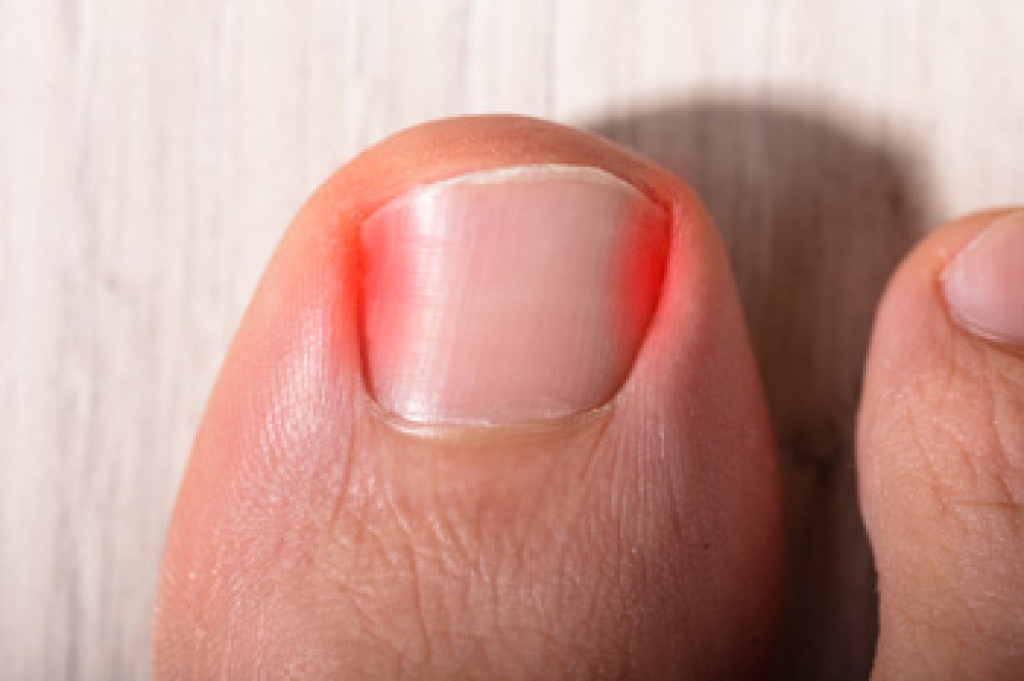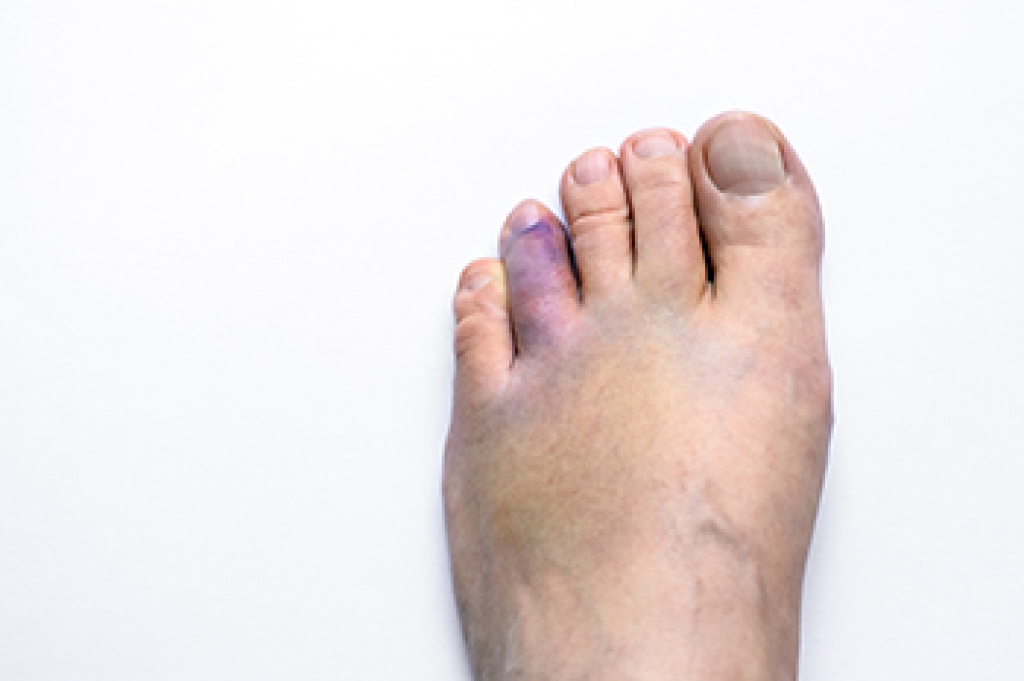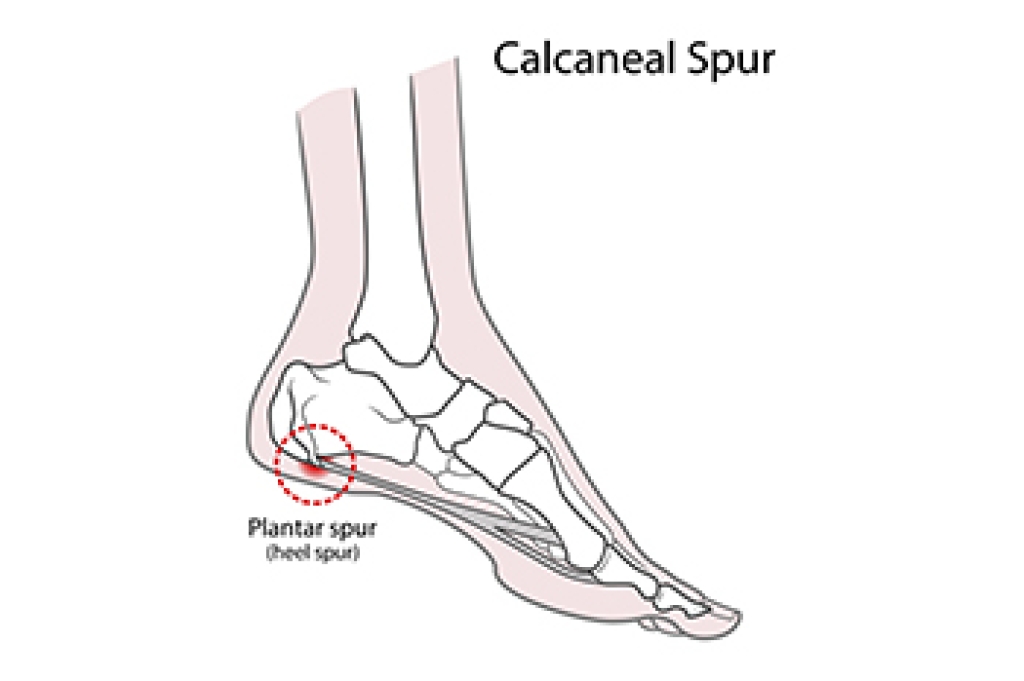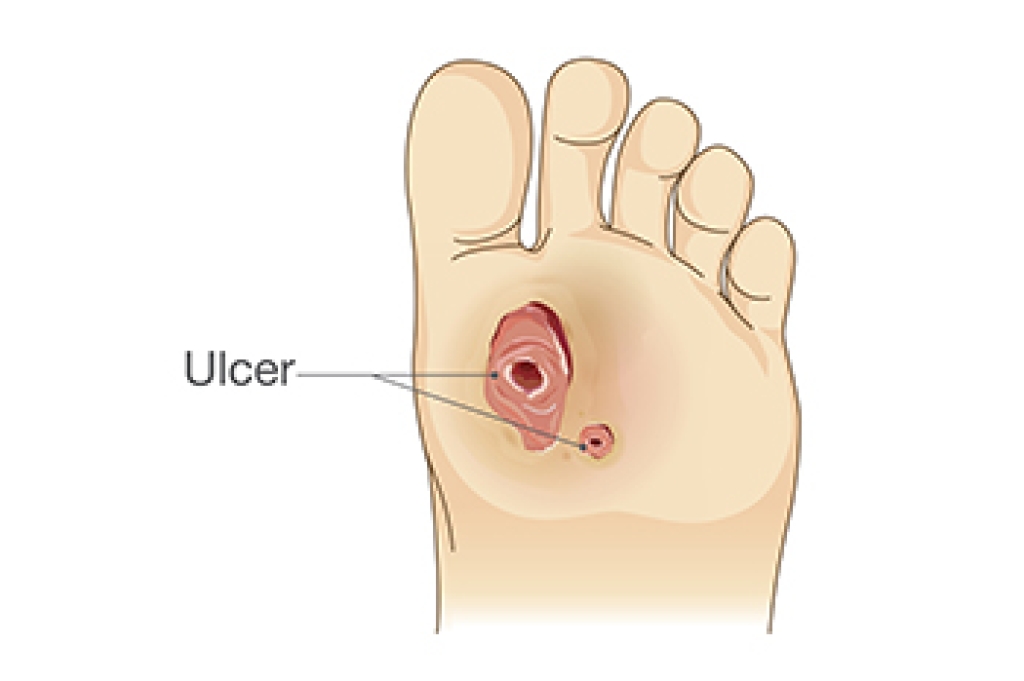
Ingrown toenails can cause immense discomfort and frustration. Understanding the different types and underlying causes can help prevent and address this uncomfortable foot condition. The edge of a toenail that grows into the surrounding skin is referred to as a distal ingrown toenail and is considered to be the most common type. When the nail grows into either side of the skin, this is known as a lateral ingrown toenail. Common symptoms can include redness, swelling, and it may become infected. If the toenail is not trimmed properly, it may result in a portion of the nail penetrating the skin, which is known as a partial ingrown toenail. People who wear shoes that do not fit correctly, in addition to those with a foot injury, may find they have developed an ingrown toenail. If you have this foot condition, it is strongly suggested that you consult with a podiatrist who can offer you treatment options that may include minor surgery for partial removal.
Ingrown toenails may initially present themselves as a minor discomfort, but they may progress into an infection in the skin without proper treatment. For more information about ingrown toenails, contact one of our podiatrists of Foot & Ankle Associates of Maine. Our doctors can provide the care you need to keep you pain-free and on your feet.
Ingrown Toenails
Ingrown toenails are caused when the corner or side of a toenail grows into the soft flesh surrounding it. They often result in redness, swelling, pain, and in some cases, infection. This condition typically affects the big toe and may recur if it is not treated properly.
Causes
- Improper toenail trimming
- Genetics
- Improper shoe fitting
- Injury from pedicures or nail picking
- Abnormal gait
- Poor hygiene
You are more likely to develop an ingrown toenail if you are obese, have diabetes, arthritis, or have any fungal infection in your nails. Additionally, people who have foot or toe deformities are at a higher risk of developing an ingrown toenail.
Symptoms
Some symptoms of ingrown toenails are redness, swelling, and pain. In rare cases, there may be a yellowish drainage coming from the nail.
Treatment
Ignoring an ingrown toenail can have serious complications. Infections of the nail border can progress to a deeper soft-tissue infection, which can then turn into a bone infection. You should always speak with your podiatrist if you suspect you have an ingrown toenail, especially if you have diabetes or poor circulation.
If you have any questions, please feel free to contact our office located in Brunswick, ME . We offer the newest diagnostic and treatment technologies for all your foot care needs.




